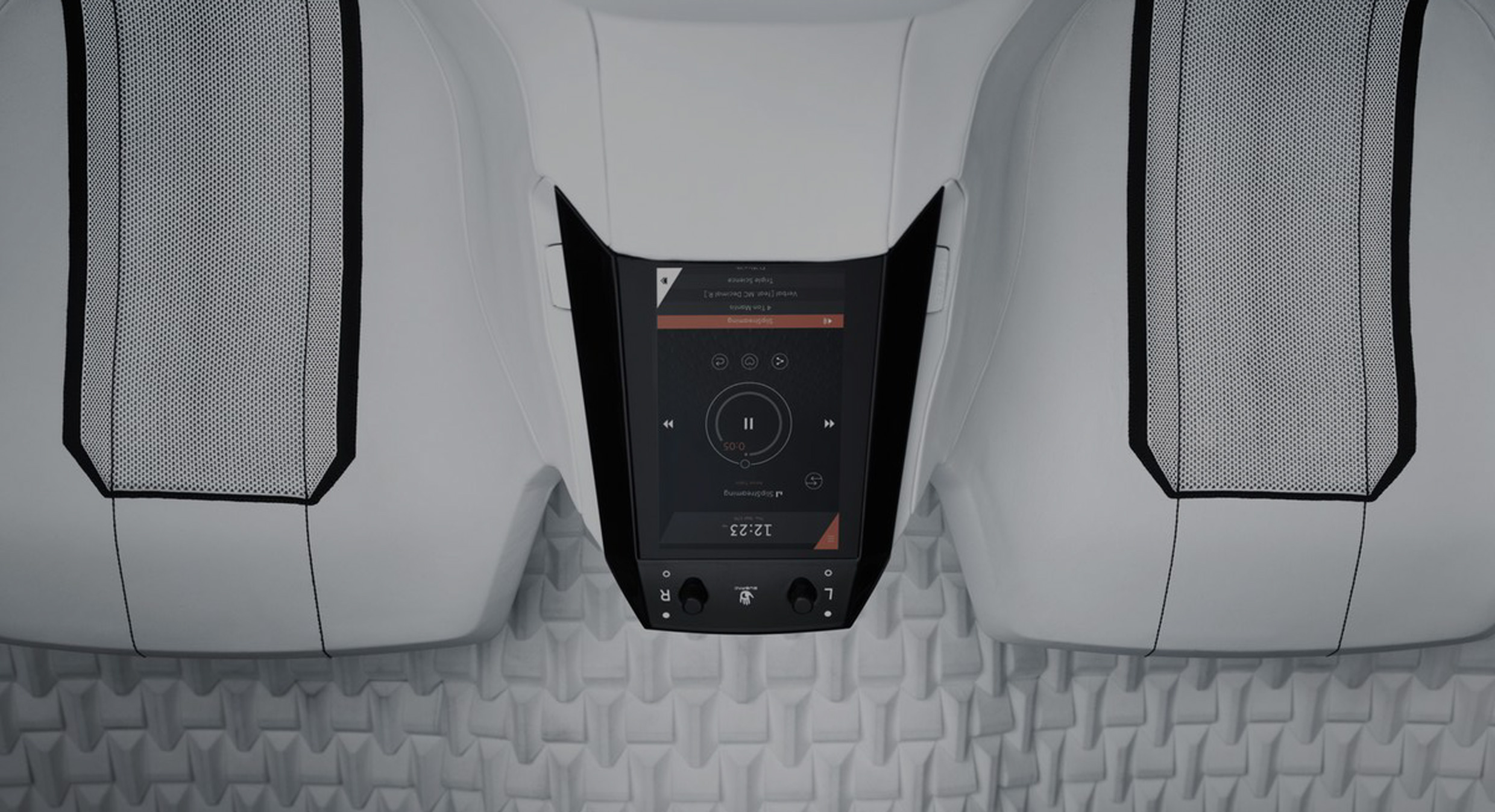When you hear the word digital health, there’s a chance that you either conjure up dark memories of visiting the hospital, quickly reach for your wallet to protect it from unnecessary costs, or just think of the word “boring”.
Unless you work in healthcare, it’s not too thrilling. And I’ll be the first one to admit that I thought it was extremely boring too. Honestly, I didn’t have health insurance until last year and still get queasy every time I enter a hospital.
But, then I started working at Redox, the behind-the-scenes startup that sends nearly a million messages a day between digital health applications and electronic health records. Redox was the preacher that converted my lost soul into a believer of digital health.
They showed me that everyone is a patient, no matter how many times you visit your doctor and that healthcare reform does, in fact, affect me—young and newly insured.
Every day at work feels like a day at summer camp – hearing about new impacts technology has on healthcare.
For example, researchers working on prosthetics have taken it upon themselves to push each other to greater limits. They created the Cyborg Olympics which brings an element of friendly competition among them.
Or the “soft-robot” sleeve that wraps externally around the heart to assist in cardiovascular function. For people at high-risk for cardiac arrest, this robots pumps and twists may someday restore their quality of life.
And there’s Adhesys, which is a polyurethane-based surgical sealant that seals arteries and blood vessels to minimize blood loss during surgery. I like to think of it as Elmer’s glue for serious situations.
All of this innovation and more has converted me into a digital health believer.
Until recently, most healthcare processes were stuck in the 80s. Think about it, there’s a good chance one of your doctors still uses a pager.
Not to mention, the quality of medical treatment you receive is dependent upon your geographic location. But, with the widespread adoption of technology-enabled healthcare, high-quality care will become more prevalent.
For instance, doctors in the states are now using Whatsapp to communicate with physicians in Syria, helping them through difficult medical procedures. We aren’t too far away from Skyping our primary care physician or FaceTiming our dermatologist.
We are at the precipice of digital health innovation and many of these questions are being solved:
- Why isn’t there an Uber for medicine delivery?
- Why is WebMD (the Wikipedia of healthcare) so unreliable?
- How can visiting the doctor become as enjoyable as a trip to the Apple Store?
I joined Redox because I believed in their vision: to accelerate technology adoption in healthcare. (If you’re more of a visual learner, join our webinar next week.)
Finding the beauty among the boredom of digital health
Had I gotten caught up in the expectation that healthcare is boring, I never would’ve taken a job at Redox and gotten the opportunity to be a part of such a big impact.
My message to you is to find something interesting in the boring things. Most likely you are bored of it because you just don’t understand it. If you take the time to learn a little about what’s going on, you’ll find something that grabs your attention and then something else will capture your interest and now you have a new hobby, a nugget of knowledge, or maybe even a profession.
You don’t want to look back and wish you had tried playing golf or took the time to learn the history of art motifs.
Think about how boring the potato must’ve looked to Central American inhabitants. But, they cultivated it anyway and now we have french fries to thank them for.
To only ever pay attention to what’s interesting today will drastically stunt your personal growth. You’ll find joy in making an event out of the uneventful. I promise.
One of my favorite things to do is help people understand the rapid advancements in technology. That’s why I started Quick Theories–a brief, weekly newsletter with my thoughts on modern technology, how it’ll affect your life, and why you should adapt to these changes in your own creative way. So, if this sounds like something you could benefit from, you can sign-up here: quicktheories.com



“I’ve seen the needle and the damage done,
A little part of it in everyone…”
A classic paradox: we’re hooked on denial, detaching ourselves from matters that should have received top attention. Just imagine investing in (preventive) medicine the levels we invest in defense R&D…
Thanks for inspiring!
Haha, the potato analogy made me laugh out loud. More importantly though, the piece about the soft robot and the increase cardio functionality gave me hope, as I have Dilated Cardiomyopathy. Thanks for lifting my spirits this morning!
RE “Uber for medicine…” – check out PillPack!
The article reminded me of GE’s Vscan which is an ultrasound device that fits the palm of your hand. Imagine its usefulness in far-flung/remote areas! You’re right — “…the quality of medical treatment you receive is dependent upon your geographic location. But, with the widespread adoption of technology-enabled healthcare, high-quality care will become more prevalent.” The device is a big step towards early detection/diagnosis, and eventually, treatment. This is like fulfilling Corporate Social Responsibility while selling one’s product. 🙂